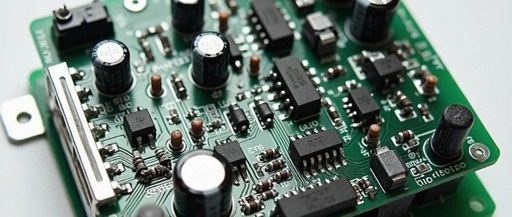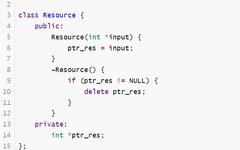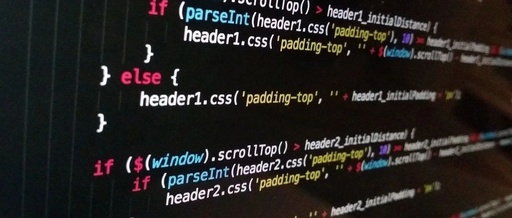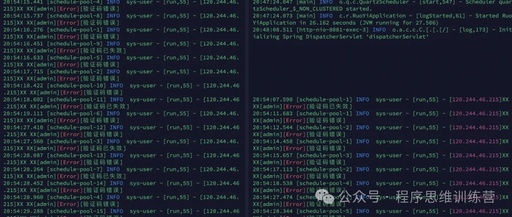Scenarios and Solutions for Memory Leaks in C++ Embedded Development
Click the aboveblue text to follow us Memory leaks are a serious issue in embedded system development, especially in resource-constrained environments. Unlike desktop applications, embedded systems often have strict memory limitations, where even small memory leaks can quickly lead to system crashes or functional anomalies. A memory leak refers to a situation where a program … Read more









